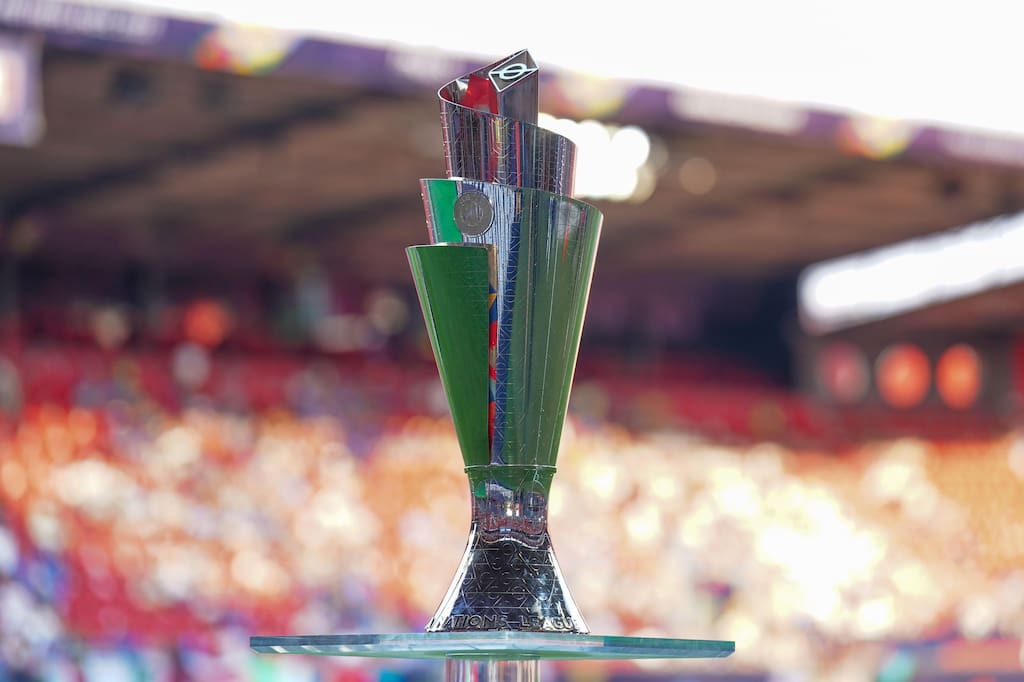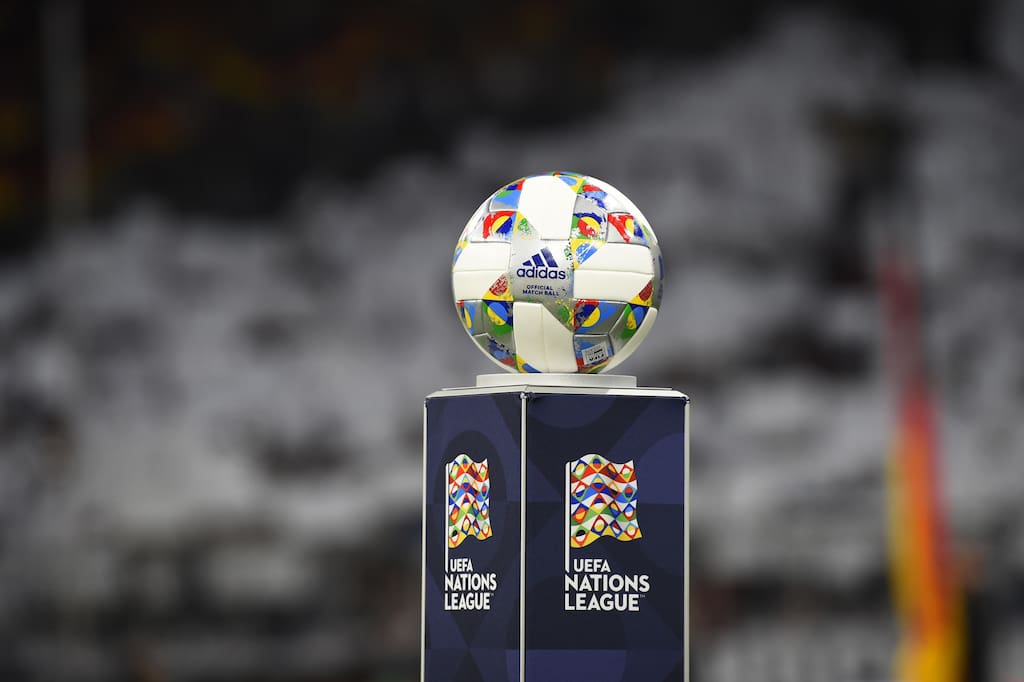
As I’m sure you’re all aware, or perhaps not, the draw for the fourth edition of the UEFA Nations League takes place in Paris on Thursday, scheduled to start at 5pm (GMT) or 6pm (CET).
The Nations League is widely-considered to be the most complicated competition anywhere in world football, but fear not, all of your questions will be answered below!
How does the UEFA Nations League draw work?
League A, B & C each feature 16 teams, split into four groups of four. League D features just six teams, split into two groups of three.
Here is who is in each tier and each pot ahead of Thursday’s draw; seeding is based on a team’s performance in the last edition of the competition.
League A
- Pot 1: Spain, Croatia, Italy & Netherlands.
- Pot 2: Denmark, Portugal, Belgium & Hungary.
- Pot 3: Switzerland, Poland, Germany & France.
- Pot 4: Israel, Bosnia & Herzegovina, Serbia & Scotland.
Scotland will feature in the top-tier for the very first time following promotion.
League B
- Pot 1: Austria, Czechia, England & Wales.
- Pot 2: Finland, Iceland, Ukraine & Norway.
- Pot 3: Slovenia, Republic of Ireland, Albania & Montenegro.
- Pot 4: Georgia, Greece, Türkiye & Kazakhstan.
Both England and Wales were relegated in 2022, with the Three Lions featuring in the second-tier for the first time.
League C
- Pot 1: Romania, Sweden, Armenia & Luxembourg.
- Pot 2: Azerbaijan, Kosovo, Bulgaria & Faroe Islands.
- Pot 3: North Macedonia, Slovakia, Northern Ireland & Cyprus.
- Pot 4: Belarus, Estonia, Latvia & Lithuania/Gibraltar.
Lithuania will face Gibraltar in a two-legged relegation play-out in March; the winners will remain in League C, with the losers dropping into League D.
League D
- Pot 1: Lithuania/Gibraltar & Moldova.
- Pot 2: Malta, Andorra, San Marino & Liechtenstein.
Did you know, only two teams have never won a Nations League match: San Marino and Iceland.
How has the UEFA Nations League format changed?

If you can’t remember, or never knew in the first place, how the UEFA Nations League worked, that doesn’t really matter because sweeping changes are coming to each division, which we’ll outline here:
162 matches were played during the most-recent edition of the competition, with this figure set to rise to 188 in 2024/25.
League A
- 1st: Qualification for the UEFA Nations League quarter-finals.
- 2nd: Qualification for the UEFA Nations League quarter-finals.
A group winner will take on a runner-up from a different group in a two-legged quarter-final tie for a place in the traditional final-four tournament.
- 3rd: Will face a League B runner-up in a two-legged promotion/relegation play-out.
- 4th: Immediate relegation to League B.
League B
- 1st: Immediate promotion to League A.
- 2nd: Will face a League A third-place finisher in a two-legged promotion/relegation play-out.
- 3rd: Will face a League C runner-up in a two-legged promotion/relegation play-out.
- 4th: Immediate relegation to League C.
League C
- 1st: Immediate promotion to League B.
- 2nd: Will face a League B third-place finisher in a two-legged promotion/relegation play-out.
- 3rd: Remain in League C.
- 4th: Two worst-ranked teams will be immediately relegated to League D; the other two teams will face a League D runner-up in a two-legged promotion/relegation play-out.
League D
- 1st: Immediate promotion to League C.
- 2nd: Will face the two best-ranked League C fourth-place finishers in a two-legged promotion/relegation play-out.
- 3rd: Remain in League D.
When are UEFA Nations League matches taking place?
Group phase
5-10 September, 10-15 October & 14-19 November 2024.
League A quarter-finals and promotion/relegation play-outs
First legs: 20-22 March 2025. Second legs: 23-25 March 2025.
UEFA Nations League Finals
Semi-finals: 4 & 5 June 2025. Final: 8 June 2025.
:quality(70)/s3.amazonaws.com/arc-authors/xlmedia/31ed1d86-a42b-4acd-9517-813a526d3a0b.png)





